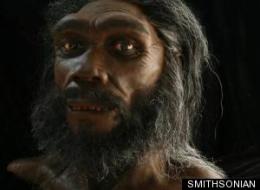Humans | featured news
Most People Carry Neanderthal Genes
Senh: Not surprising. Ok, so Neanderthals and early humans mated. What does this mean? There were once two co-existing human species. Since Neanderthals' brains were smaller, does this mean that we got dumber as a result? So Africans are the only untainted early humans?








